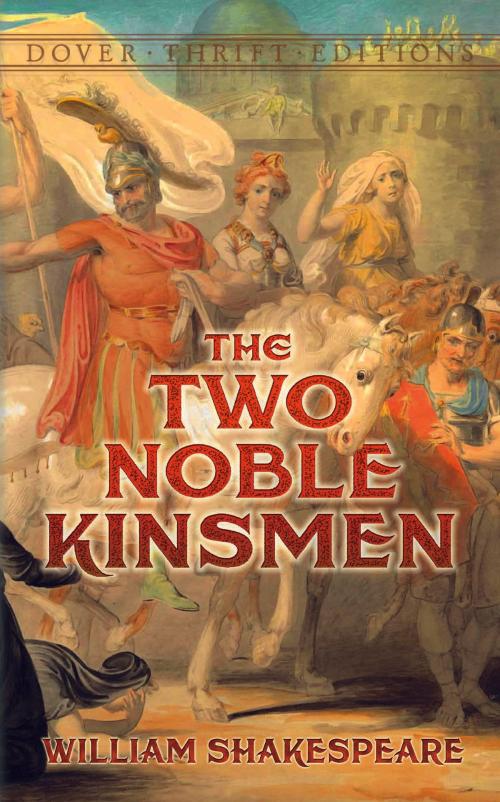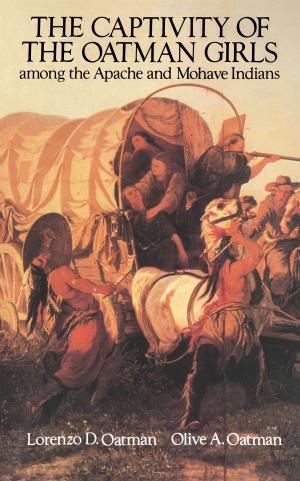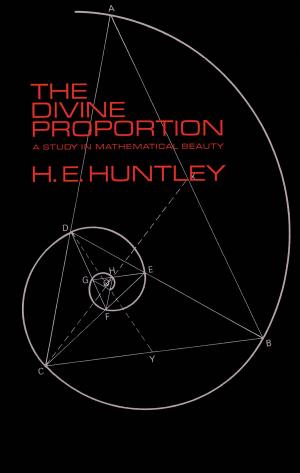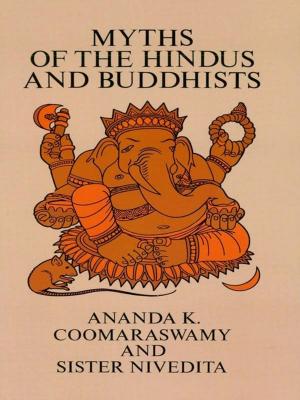| Author: | William Shakespeare | ISBN: | 9780486790145 |
| Publisher: | Dover Publications | Publication: | August 11, 2015 |
| Imprint: | Dover Publications | Language: | English |
| Author: | William Shakespeare |
| ISBN: | 9780486790145 |
| Publisher: | Dover Publications |
| Publication: | August 11, 2015 |
| Imprint: | Dover Publications |
| Language: | English |
The king of Thebes is a tyrant but his young relatives, Palamon and Arcite, defend him anyway. The two noble kinsmen find their loyalty rewarded with imprisonment when they end up on the losing side of a battle with the great hero, Theseus of Athens. From the window of their jail they observe Emilia, the sister-in-law of their conqueror, whose stunning beauty shatters their vow of eternal brotherhood. Now the former friends must find a way to evade their captors and pursue the alluring princess, an undertaking that will conclude with a fight to the death.
First published in 1634, this Jacobean tragicomedy features a plot derived from "The Knight's Tale" in Chaucer's Canterbury Tales. The play was originally attributed to both John Fletcher and William Shakespeare; its association with the latter is a longstanding source of controversy that is now generally accepted by scholarly consensus.
The king of Thebes is a tyrant but his young relatives, Palamon and Arcite, defend him anyway. The two noble kinsmen find their loyalty rewarded with imprisonment when they end up on the losing side of a battle with the great hero, Theseus of Athens. From the window of their jail they observe Emilia, the sister-in-law of their conqueror, whose stunning beauty shatters their vow of eternal brotherhood. Now the former friends must find a way to evade their captors and pursue the alluring princess, an undertaking that will conclude with a fight to the death.
First published in 1634, this Jacobean tragicomedy features a plot derived from "The Knight's Tale" in Chaucer's Canterbury Tales. The play was originally attributed to both John Fletcher and William Shakespeare; its association with the latter is a longstanding source of controversy that is now generally accepted by scholarly consensus.















